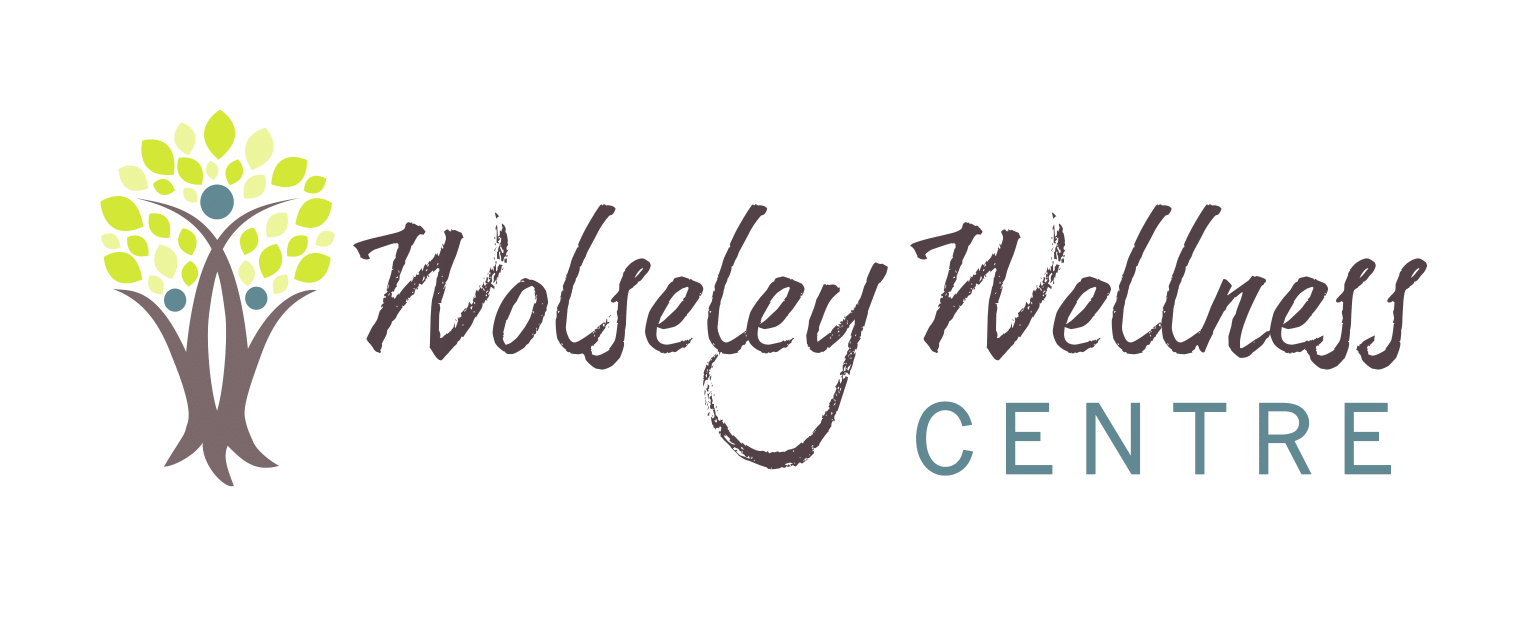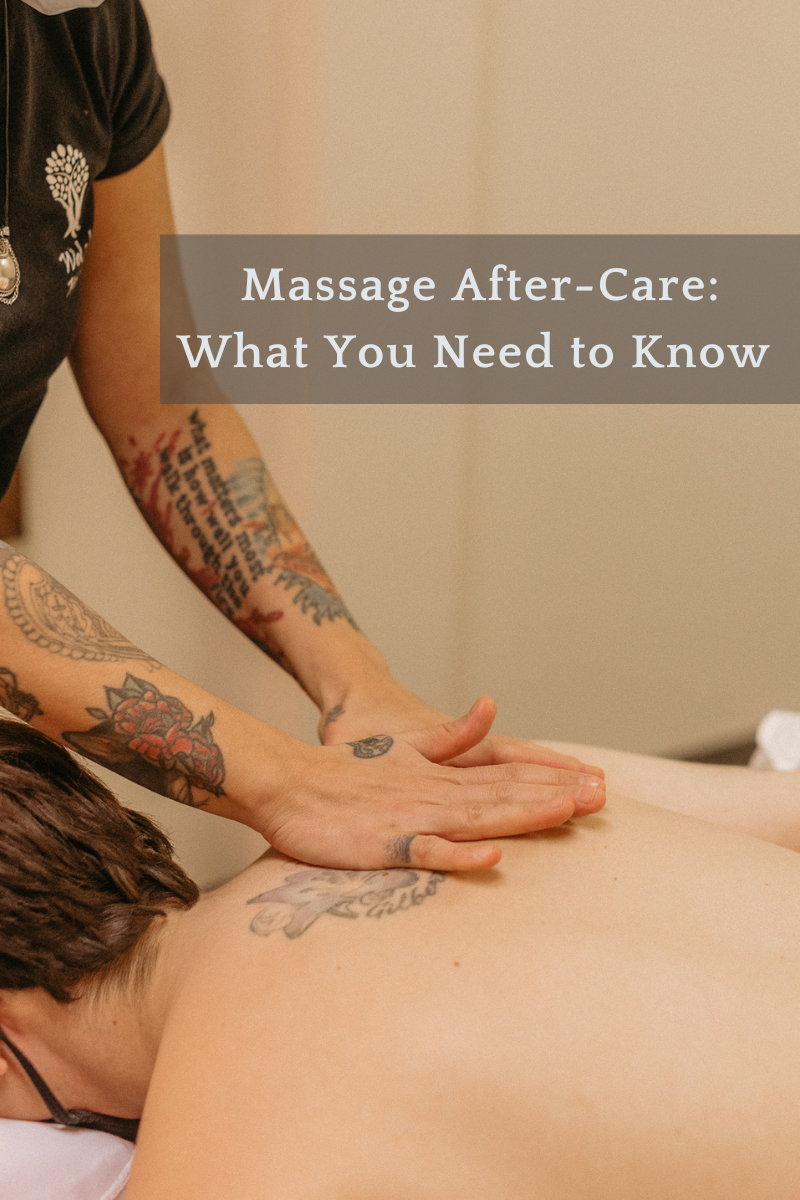What You Need To Know - Massage After-Care
What You Need to Know - Massage After-Care
Did you know that there are some things you can do after a massage to help prolong the benefits of your treatment? Check out our top five recommendations for good massage after-care.
📆 Book your next appointment - For continued care, it’s best to book your next appointment right after your massage treatment. Speak to your massage therapist about a treatment plan, so that you can book your sessions at regular intervals to promote continued healing and maintenance.
💦 Drink lots of water - Massages can be quite dehydrating. During a massage, a build-up of debris is released from the tissues. An adequate amount of water (4-6 cups) ensures that the liver and kidneys are able process and eliminate the debris from your system. Plenty of water also helps reduce the risk of muscles soreness and cramping after a massage.
🧘🏻♀️ Stay relaxed - After a massage, you’ll feel blissfully relaxed. It’s best not let those feel-good hormones go to waste! Take it easy and allow yourself to rest the day of a massage to reduce the risk of post-treatment injury, cramping and muscle aches. Ice muscle aches as needed (10 to 15 minutes at a time).
🤸🏻♀️ Stretch it out - Although high-intensity exercise is not recommended after a massage, gentle movement such as walking and stretching can help prolong the effects of the massage. Your massage therapist may provide you with a list of stretches to do at home to promote healing and reduce the risk of re-injury. Stretching helps maintain tissue length to prevent cramping & tension. Remember to hold those stretches for at least 30 seconds for real benefit.
🛀 Take a bath with Epsom salts - A warm bath combined with Epsom salts is a great way to prolong the effects of a massage. Warm water helps increase blood circulation and promotes healing of the tissues. Epsom salts contain magnesium which helps with muscle relaxation and reduces inflammation.
Or better yet, try the magnesium lotion from @studio.on.27(now available at our Corydon location)! Simply rub some cream into the skin for quick relief of sore muscles. 🙌🏻

